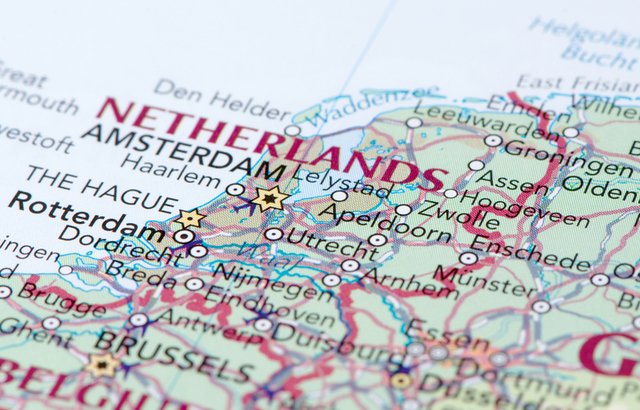The Netherlands has published its own blacklist of low-tax jurisdictions as a part of its fight against tax avoidance.
The Dutch government’s list shows 21 jurisdictions – 16 more than the European Union’s blacklist – deemed to have low-tax regimes.
The EU’s list contains American Samoa, The US Virgin Islands, Guam, Samoa, Trinidad and Tobago.
While the Dutch blacklist shows the same five jurisdictions as the EU, it also deems another 16 as tax havens, including the British Virgin Islands, Guernsey, Jersey, the Isle of Man, the Cayman Islands and the United Arab Emirates.
The full list also includes: Anguilla, the Bahamas, Bahrain, Belize, Bermuda, Kuwait, Qatar, Saudi Arabia, the Turks and Caicos Islands and Vanuatu.
“By drawing up its own stringent blacklist, the Netherlands is once again showing that it is serious in its fight against tax avoidance,” said Menno Snel, the Dutch State Secretary for Finance. “And that’s just one of the steps we’re taking.”
The blacklist – which is more extensive than the European one – will be used in the fight against tax avoidance in three different measures.
First, it will help with the control of foreign companies and tax avoidance by preventing companies from moving assets to low-tax jurisdictions.
Second, from January 2021, the list will be used to “implement a conditional withholding tax on interest and royalties”, the Dutch government’s paper says. This means that companies that are registered in any of the jurisdictions present in the Dutch blacklist will be paying 20.5% tax on interest and royalties received from the Netherlands.
Lastly, the Dutch tax and custom administration will not issue transactions rulings with companies that have their headquarters in the blacklisted jurisdictions.
While the EU list will be updated in the first quarter of 2019, the Dutch one will be updated every year.
Furthermore, if the EU will add jurisdictions to its list that are not present in the Dutch one, the same measures will apply to those jurisdictions, showing a complete compliance from the Netherlands to the EU blacklist.








